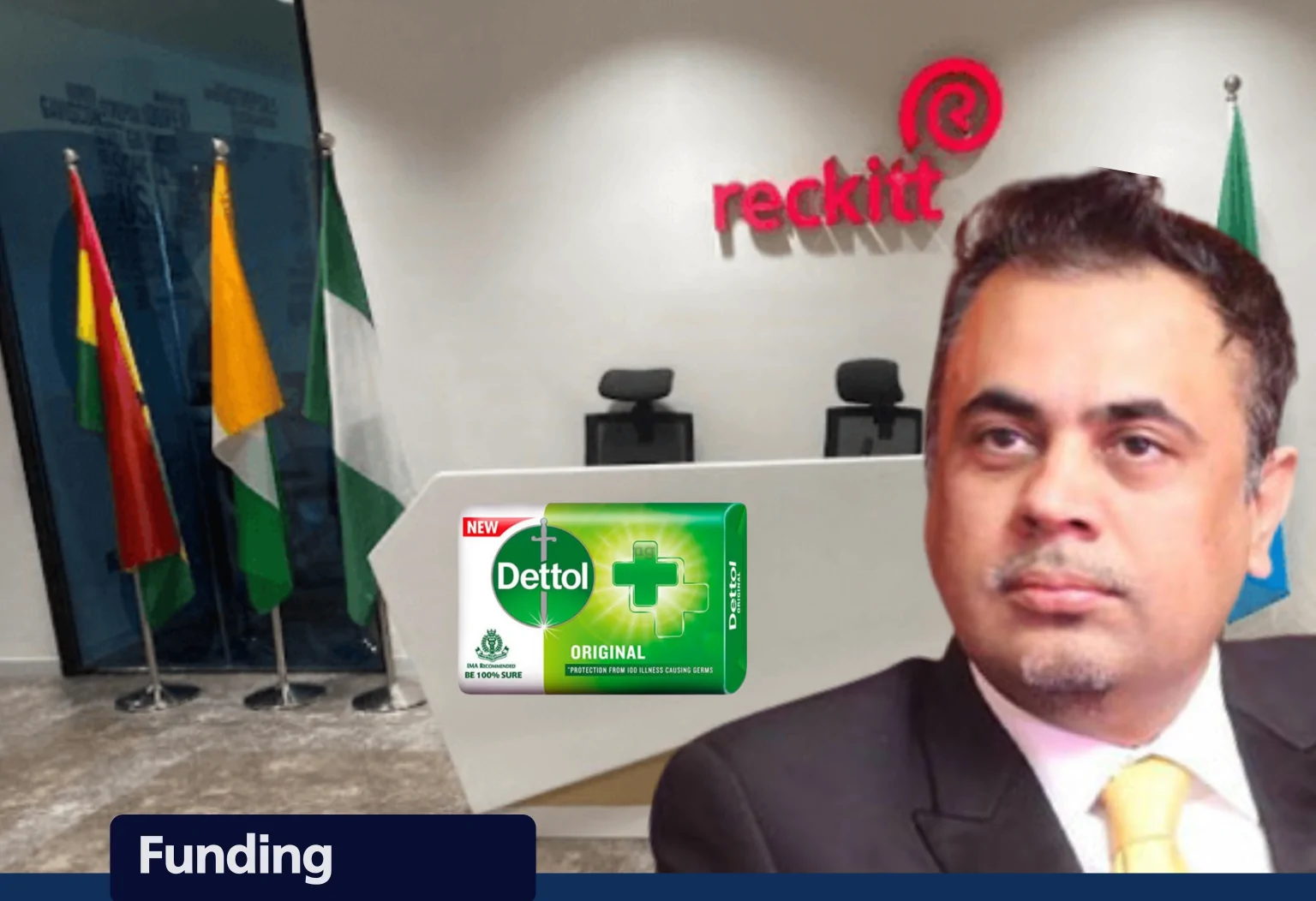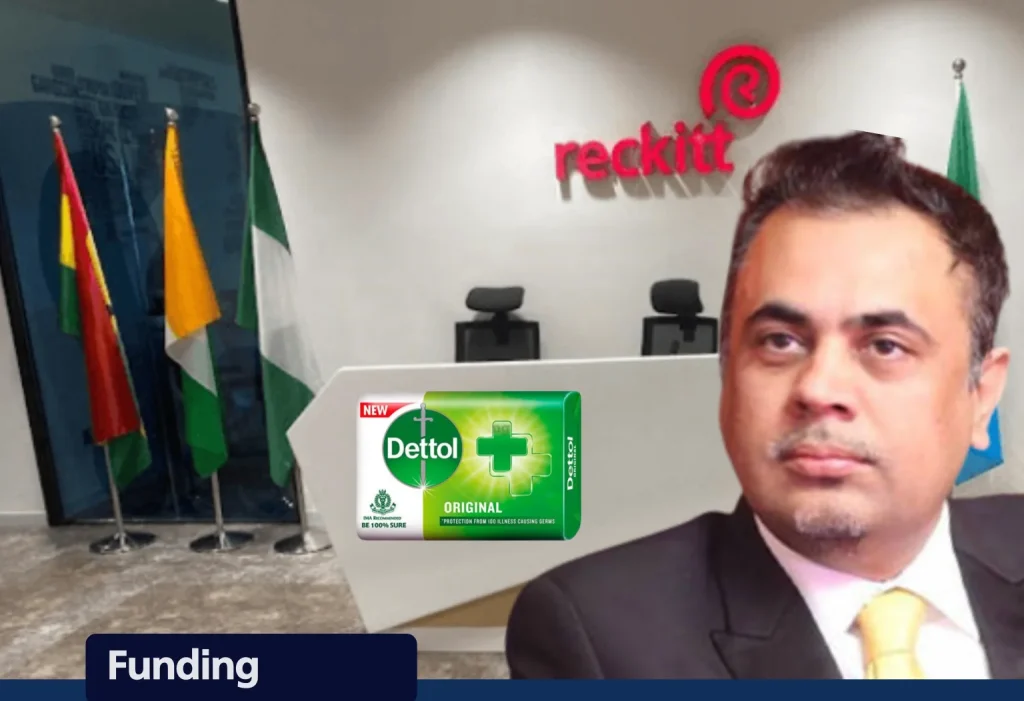
Source: Chioma Obinna

Reckitt, a global leader in health, hygiene, and nutrition, has reinforced its commitment to sustainable, community-driven innovation in Nigeria by awarding ₦48 million in seed funding and support to four high-impact social enterprises through its 2024 Access Accelerator Program.
The four startup beneficiaries, each awarded ₦12 million, are:
These early-stage enterprises received not only capital but also intensive mentorship from Reckitt experts and startup bootcamps delivered through Yunus Social Innovation (YSI), aimed at dismantling growth barriers and scaling their impact effectively.
Dr. Jife Williams, Co‑Founder of MN Environmental Services, described the practical importance:
“Our work responds directly to rising open defecation in public spaces… support from Reckitt enables us to reach more people and build better systems.”
Niklas Lange, Senior Consultant at YSI, highlighted the programme’s reach:
“The Accelerator has reached over 500,000 people and earned global recognition from the World Economic Forum.”
This initiative forms part of a broader Reckitt Catalyst program, a five‑year global effort to empower up to 200 women and underrepresented social innovators by 2030. Catalyst provides flexible funding, mentorship, and expert guidance, targeting a cumulative impact on 5 million lives across multiple countries, including Nigeria and Kenya.